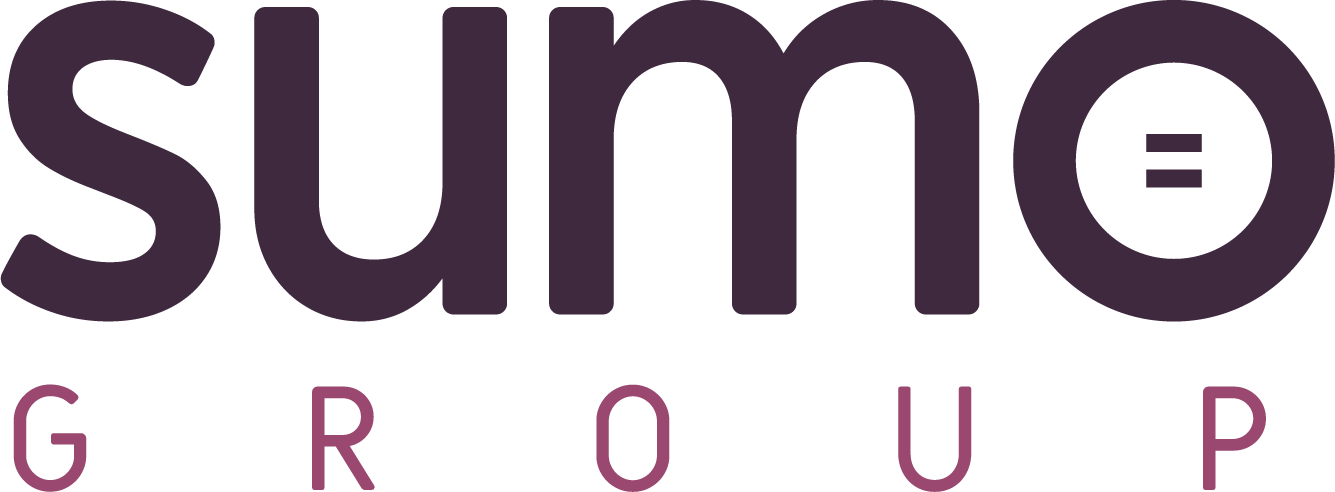Welcome back to the latest edition of ‘In Conversation With’, our bi-monthly interview in which we bring you profiles on senior leaders, groundbreakers, and rising stars working away in their creative studios and offices across the Sumo Group. We take you on a deep dive into some of the key figures and staff at the company – sharing their knowledge, career insights and where they hope to see themselves and the Group in the future.
In this edition, we caught up with Emma Marshall-Newson, QA Lead for Sumo Digital in Sheffield, to talk about her role and its importance in day-to-day game development.
CAN YOU TELL US A BIT ABOUT YOURSELF?
“The most important stuff first… I’ve had three pet dogs, two hamsters, seven cats, one bird, one grey squirrel and a pet polecat (not all at the same time, that would have been crazy). I was born in Ascot, but I grew up all over the UK, as we moved about a bit when I was younger.
“I originally had dreams to be in the RAF, but I failed my medical exam because of eczema - who knew, aircrew can’t have dry skin?!
“After that I took an apprenticeship in Civil Engineering, however a couple of years later I saw an intriguing job advertised on the Job Centre website for a ‘Game Tester’ and BOOM – I tripped and fell into game testing in 2009. I spent the next eight and a half years working at Rockstar Games, where I had the privilege to work on a wide range of cool projects, from GTA IV right up to Red Dead Redemption 2. Finally, in 2018 I managed to bag a role at Sumo and the rest is beautiful history.”
WHAT EXACTLY IS A QA LEAD?
“A QA Lead plans and implements all of the testing processes, test strategies and test documentation for a project. This leaves the QA testers to get on with the bulk of testing and address any dev support requests that come in.
“Working closely with Production, QA Leads review all bugs throughout the milestones and maintain our project bug databases. We’re a communication bridge between QA and other departments, and we report regularly on the overall status of builds and milestone work to Production, Leads and Stakeholders.
“We hire and help train new QA testers, as well as providing day-to-day guidance and development support for all project team members.”
WHY IS THE ROLE SO IMPORTANT?
“Our role as QA in general is so important, because we help ensure the quality of our games is the best that it can be for both our partners and our playerbase. We have to sign off on whether builds are suitable to be sent externally for milestone deliveries, and we provide insight into what is needed to get our games through submission. QA also act as an honest voice for the targeted audience before the game is released, so as well as analyzing games for bugs, we provide valuable feedback and insights about our games.
“In addition to all of this, QA are also a supporting department. This means that part of our responsibilities is to be on hand to assist development with any kind of query, testing or ad-hoc investigations that are required.
“As embedded development support, our skill sets are broad and varied, as we tend to require a knowledge and understanding of a variety of QA sub-disciplines (such as compatibility, compliance, networking, etc.) as well as keep up-to-date and familiar with all platforms and any associated tools.
“As a QA Lead, the role is important because we help streamline the flow of information between QA testers and other departments. We regularly assess where areas need more QA support, highlighting areas where we’re likely to fail quality checks. QA Leads also implement structure to general QA testing and day-to-day tasking. This leaves the QA testers to get on with what they do best – smashing out bugs, hammering playthroughs and being the glue that helps support the rest of the team.”
HOW DID YOU BECOME INTERESTED IN THE WORLD OF QA?
“Truth be told I had no idea what to expect when I first started in QA – I half expected it to be like working in an arcade or something – with big screens and comfy bucket seats or beanbags. It didn’t feel quite so glamorous when I was presented with a 10” CRT TV, a knackered old office chair and told to go to town on the same mission over and over for 8 hours… but it’s the fact that we’re constantly problem solving that has kept me passionate about QA throughout my career.
“With every project there are new and different problems to overcome, and no project has ever felt the same to me. QA also get to see absolutely every area of a game as well, and so naturally we develop a deep knowledge base about everything in our games, from missions, characters, and narrative, to animations, audio, art, UI and more. That feels like a privilege - that we end up knowing the game so intimately before anyone else out in the wild has a chance to get to enjoy it.”
WHAT ARE THE BIGGEST CHALLENGES/REWARDS OF WORKING ON QA?
“The biggest two challenges go hand in hand – time constraints and the fact that it’s practically impossible to exhaustively test any game or bit of software. Delays in development tend to have a direct knock-on effect on the amount of time that QA is given to test the game.
“In addition to this, games are generally huge nowadays, so trying to predict all the ways that a game can be broken is often beyond the scope of what is humanly possible to test. And that’s before we even start thinking about the impact human error has, which naturally is impossible to completely avoid.
“All of that means that QA must be as flexible as possible as a department, so we can juggle our day-to-day responsibilities but also react and adapt to any obstacles in our way. It's overcoming all these challenges that is the biggest reward for me personally.
“Every time we help a dev reproduce or close out a particularly nasty issue or find a one-in-a-1000 chance bug or manage to sign off on a build for a delivery, I find it very rewarding.”
WHAT HAS BEEN YOUR PROUDEST ACHIEVEMENT SO FAR IN THIS ROLE?
“I did once manage to get about 15 hats on my head all at once at a Sumo Christmas party!
“Professionally speaking though, shipping any project or milestone is always a proud achievement, because it takes about 100 smaller achievements to get there. Shipping Spyder was a fantastic feeling because it released March 2020, just after lockdown started.
“Seeing the Spyder QA team pummel through the final milestones before shipping, all while adjusting to working from home during a global pandemic, that was a very proud moment for me.”
WHAT IS YOUR VISION FOR THE NEXT FEW YEARS?
“Since moving to Sumo, I’ve consistently worked with teams that genuinely respect and value our QA testers – a very positive and wholesome experience. This allows us to build strong collaborative relationships that directly contribute to delivering an excellent quality of service.
“As we continue to grow, both as a department and as a company, I think it’s important for us to keep striving for quality, through training and supporting testers to further their own personal development, and by continuing to evolve our processes to better support the dev teams. Over the past couple of projects I’ve had the pleasure of being involved in at Sumo, we’ve seen QA get involved earlier than on previous projects, as part of implementing and evolving the UAT/MAT process - this is a process that I would like to continue to help refine and champion as Sumo QA grow.
“I'm genuinely excited to see the QA department continue to expand and develop as Sumo Digital continues to grow into a company that is renowned for outstanding quality and innovation.”
IF YOU COULD GIVE ONE PIECE OF ADVICE TO SOMEONE STARTING IN GAMES, WHAT WOULD IT BE?
“There are so many things that you can learn only through experience, so just try and be present and don’t get hung up on stuff you don’t know yet, or on mistakes you’ve made. One of the reasons I love working in this industry is that after 13 years I still feel like I’m learning, growing and experiencing something new all the time.”

